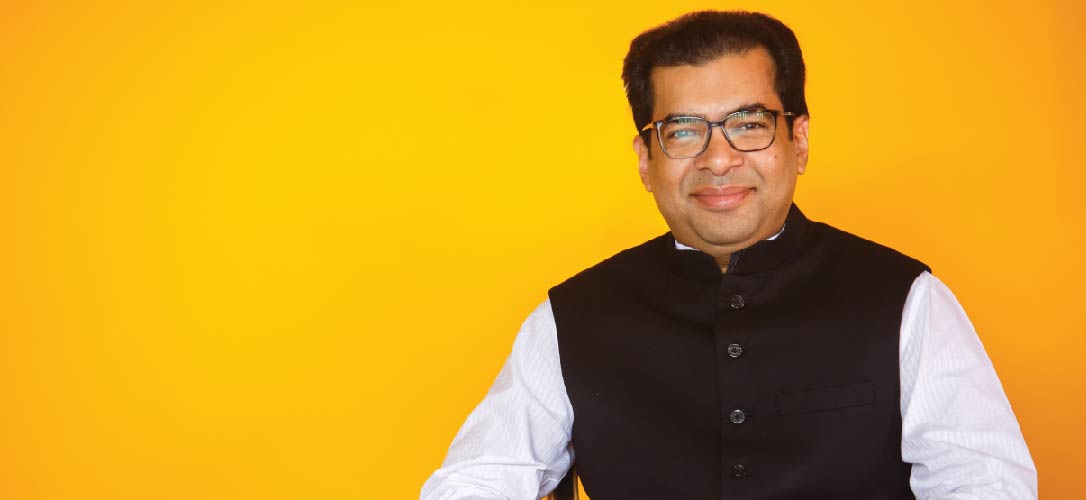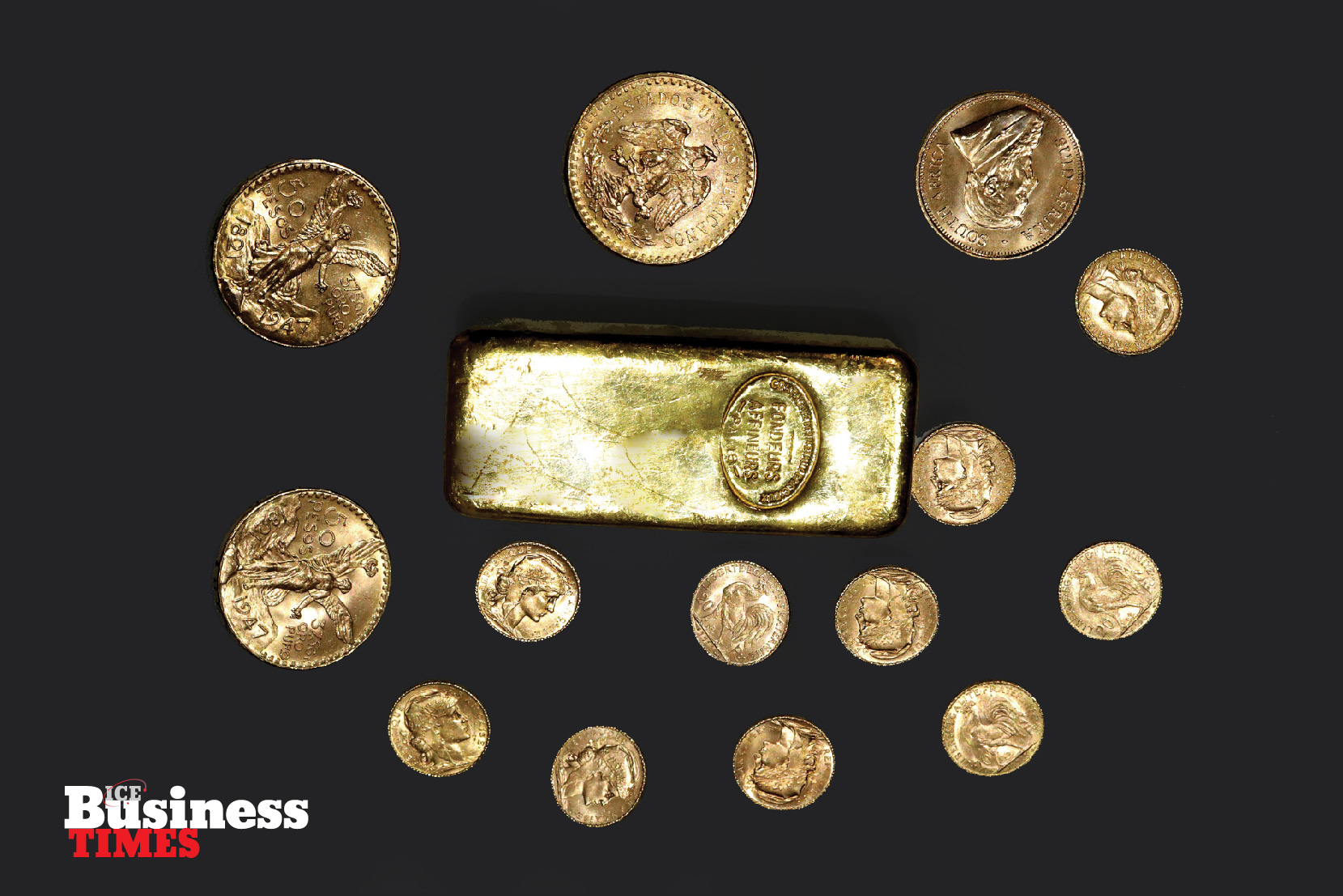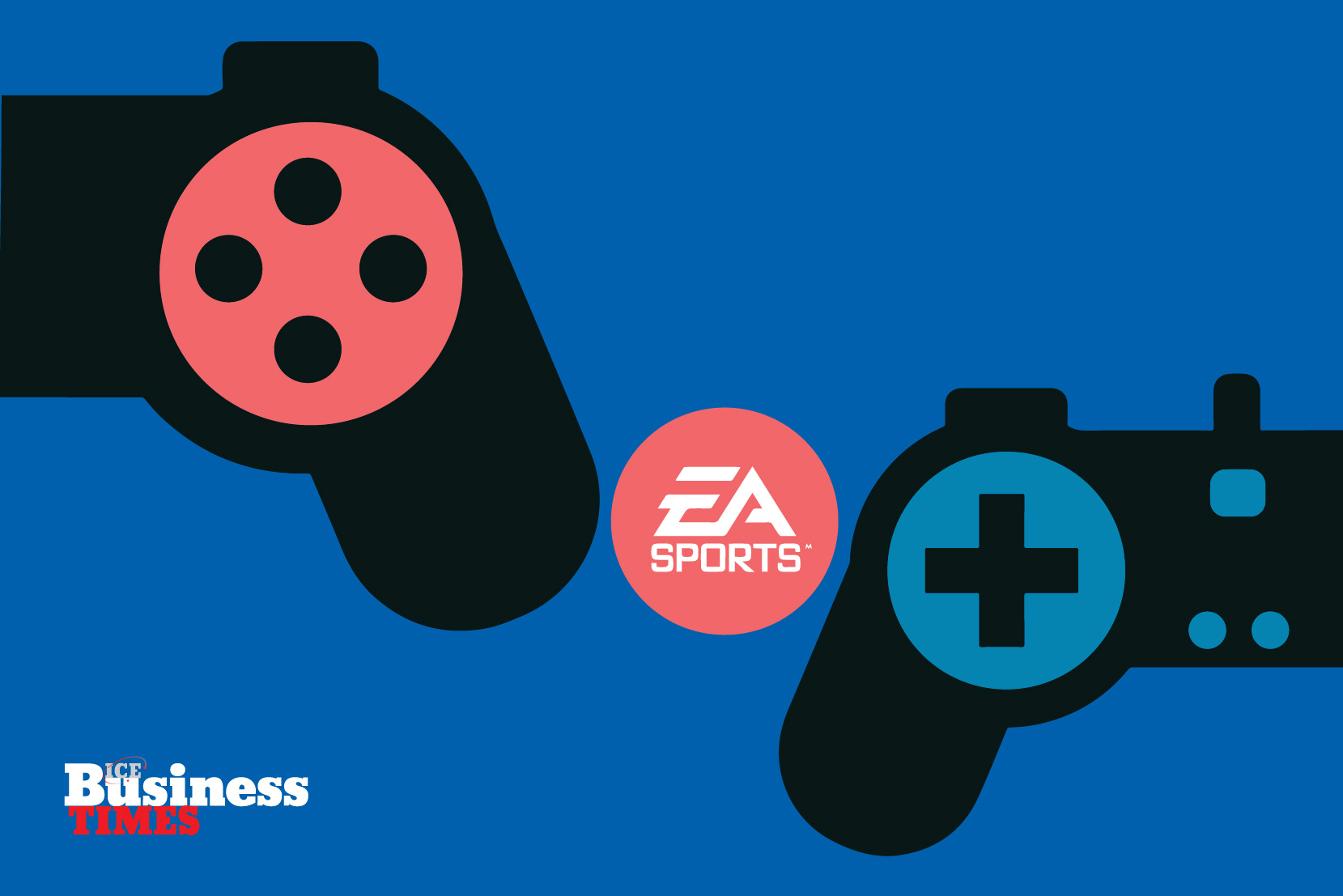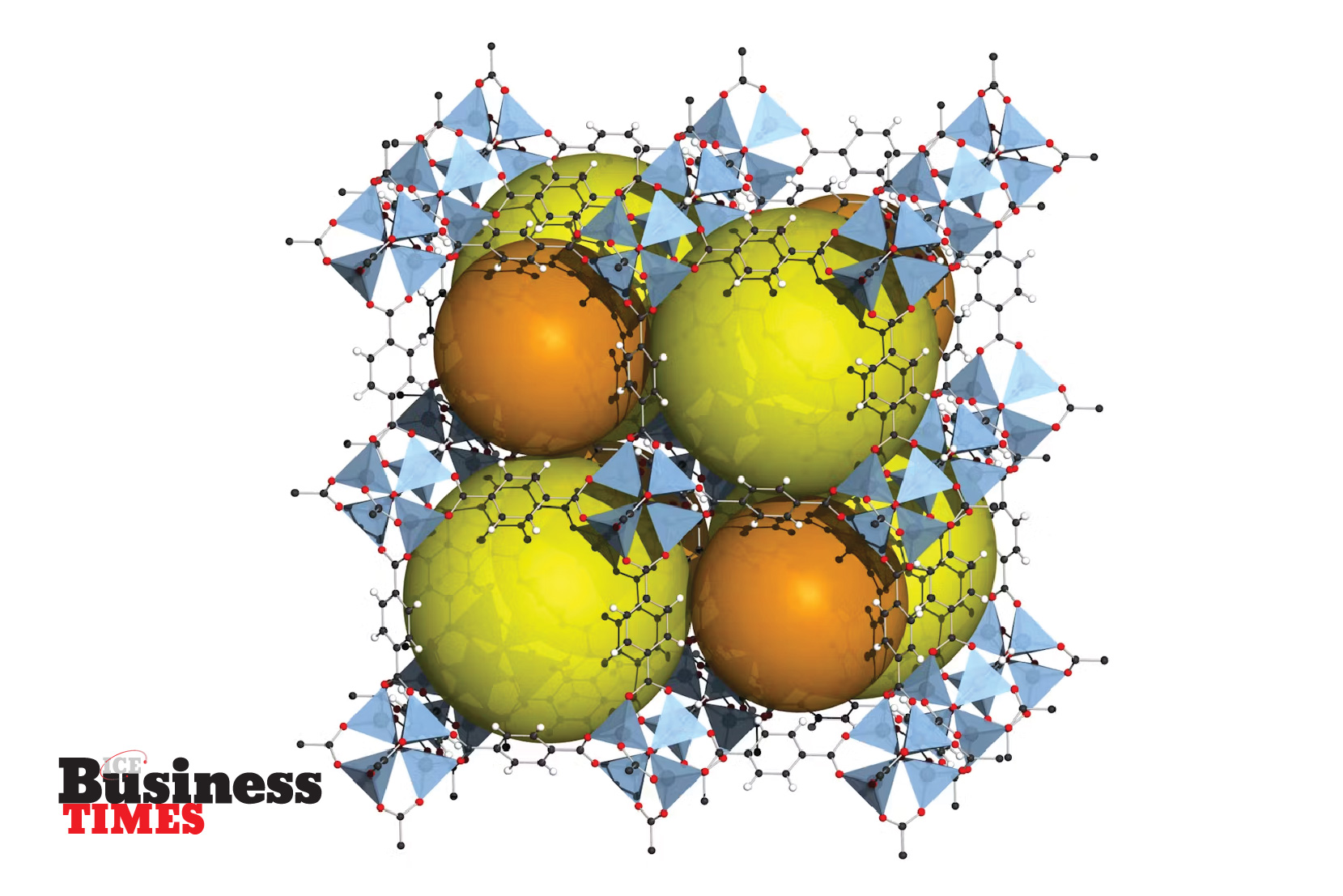Sanat Babla sets the pitch with Kazi Nabil Ahmed
You have been in football management for quite a while. How would you sum up your career?
I started my career with Abahani and now, I am working for the Bangladesh Football Federation (BFF); it has been a quick 14 years journey for me. I have to take care of the football part, especially at the club level. To build a good team, win matches and become the champions are all a pure source of entertainment. I see it as a creative engagement and enjoy it too.
In terms of championships, Abahani is at the top in this year’s domestic football. How would you evaluate this success?
It’s a matter of joy and pride for any club organizer because everything is judged by its success in the end. Therefore, winning the title means that we are on the right track. We are satisfied with our work too. Abahani won five championships in the last nine seasons in the professional league. It’s the players’ success that also factors into this matter; there lies a long story of the planning and the combination of hard work, talent, and money. Forming a balanced team for long periods with foresight is not easy. The team has to be sorted out, keeping in mind the ups and downs of the performance of the players; it involves tremendous investment. Most importantly, the challenge of management is to draw the group together and to keep it up to the last of the longest season. In this challenge, Abahani won five titles, including the league title. In other games when they couldn’t be the best, they fought among the bests. This means our club has always upheld its tradition by maintaining a certain standard.
Despite its success, Abahani is still facing numerous challenges. How does it handle these hurdles?
Within a nine to 10-month period, problems within a football team may happen and this is very typical. In a league, a team has to play more than 20 matches. Additionally, there are other league matches along with some international matches like Federation Cup and Independence Cup. It is also difficult to maintain the same trend in all the matches. Analysis of the seasons will show that we suffered much due to the injuries of the players. Especially, the injury of the most dependable players couldn’t help us win the titles. Often, the players from the bench got us through the difficult moments. In such situations, club management has to be more heedful. Besides, it is very important to ensure all support from the management and to provide all the foreign coaches according to their needs.
Abahani is very successful in home tournaments. Unlike the 1980s, it has failed to uphold its status as a subcontinent giant. Why do you think it has not been possible?
There were different international club tournaments in India but this is not the case anymore. All the club games are now based on the AFC Tournament. We have not been able to reach to the top of the AFC Presidents Cup in five occasions, which is not good news at all. Luck didn’t favour either. Two times we came close but eventually got dropped out due to the average goal or the best runners-up issues. In addition to the AFC tournament, club tournaments in this region should be regular. There can be tournaments within the clubs of Bangladesh, India, and Nepal. So that the clubs could apprehend their position. It could also be a good way to develop football culture in this region.
How much a club has to invest in every season? What are the returns?
10 years back, the amount was Tk. 4 crore. Now it takes Tk. 7-8 crore; this investment will bring pride and glory. You get the satisfaction of winning the championship. You feel the excitement of competing for the championship. It doesn’t matter whether you are going to win or lose. You have the satisfaction of creating something new in the end. With all the equipment and facilities, it all goes down to the players and coaches. Nonetheless, the main factor is the management. We can’t directly go to the field, but surely, we can lead by planning and engagement.
Football is the great business in Europe; their club culture stands upon the business model and clubs earn a lot from merchandising, sponsorship and TV rights. How can Bangladesh adopt these practices?
Abahani also thought in terms of professional football once; 27 years ago, the club formed a limited company for this. Bangladesh Football Federation also tried to enter into the professional framework and organized professional leagues. Unfortunately, this initiative went in vain. The federation, clubs, national team, and players all share responsibility. The audience-supporters are at the core of this corporate culture in Europe; it’s their interest that propelled the game’s popularity. People of our country have lost their interest in football. That is why merchandising can’t comprise sponsorship or corporate culture. I think, if the national team brings us brilliant results and players play well on the field, the visitors will return. Many believe the opposite, they state that the audience lost interest because the quality of the game has gone down and quality players are not coming. It has become a ‘Chicken and Egg’ problem, and it’s now difficult to understand which problem to solve first to bring the golden era of football back.
One calculation says that the investment of the federation is Tk. 15 crores a year while the clubs invest Tk. 55 crores. Yet the domestic seasons are disorganized. Does it suggest that the federation is failing to guide the clubs while they are very focused?
I have been in the Federation for nine years. I saw that the federation was trying to provide a guideline. There is no lack of commitment on their part. There may have been lack of sufficient planning. It is also true that football federation does not control the stakeholders of the clubs and at the district level. If you talk to stakeholders, you’ll know that they want money from the federation. The federation also tries hard and helps the clubs. We understand that money is needed to take the football forward. Look at Africa: many poor nations are progressing in football. Money is not the main inspiration there; they are physically or technically ahead of us. There may have some other mysteries hidden. That’s why I say that there is no easy way for football development. Or the road to development cannot be just one. For now, BFF-stakeholders coordination can offer a better approach.
Saif Sporting is training some of the groups on the basis of youth-level. Although they are not entirely an academy, players become adept through their organization. Could Abahani practice the same methodology?
Saif Sporting is trying to make players who will eventually lead the country’s football. I wish the success of their initiative so that it inspires others in the future. Abahani conducts the same activities on a smaller scale. Each season, six to seven unregistered young footballers from the youth-level join our main team. But the main team is prepared under the foreign coach. I would like to see some new players coming out to play national level football from Saif Sporting.
You mentioned that you would come to the field with your father during your childhood (the golden age of national football). As an organizer, do you dream to bring back the grandeur?
At the end of the 70s and in the early 80s, I saw the country’s best time as a spectator. Although these days, pale in comparison, I have seen some glimpses on the pitch in the last 10 years. The first Super Cup – Abahani vs Mohammedan final match – Abahani vs Sheikh Jamal Federation Cup final, and Bangladesh-India match of the SA Games in 2010, appeared to be very attractive in the Kamlapur Stadium. The performance in matches and the reactions of the audience created an infectious vibe then. Abahani and Sheikh Jamal were playing in the same rhythm in the final match of the Federation Cup in 2010; they were scoring goals at the same proficiency. Though Abahani won the match, Shaikh Jamal’s athleticism was noteworthy. They were zealous until the last minutes of the game. Matches like this can bring more spectators to the matches. The enthusiasm of the game that once was can return with everyone’s collective efforts to bring back the grandeur.















